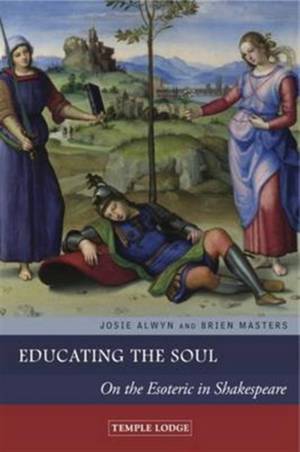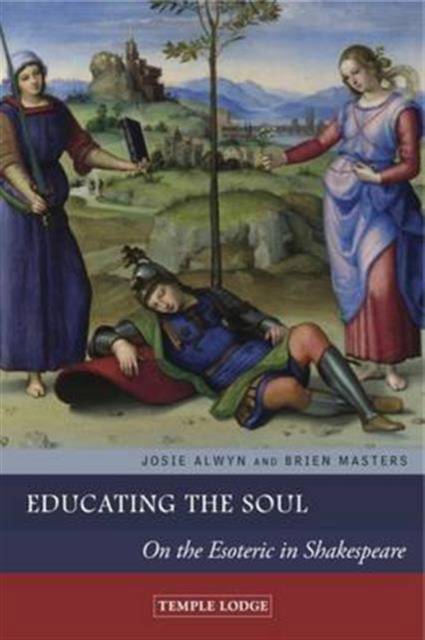
- Retrait gratuit dans votre magasin Club
- 7.000.000 titres dans notre catalogue
- Payer en toute sécurité
- Toujours un magasin près de chez vous
- Retrait gratuit dans votre magasin Club
- 7.000.0000 titres dans notre catalogue
- Payer en toute sécurité
- Toujours un magasin près de chez vous
Description
"Books carry on conversations across the thresholds of time and space," writes Josie Alwyn in her introduction. This book is the fruit of her "conversation" with Brien Masters--a collaboration that began more than twenty years ago, when she was learning to be a Waldorf teacher. They open their discussions with the broader theme of the role and mission of drama in human development, before focusing on the central topic, the potential for metamorphosis inherent in Shakespeare's plays. This creative, birth-giving, transformative essence of Shakespeare--the esoteric core of his work--is vitally important to our time, they suggest, and contributes to the ongoing cultural education of the human soul.
Published to commemorate the 400th anniversary of Shakespeare's death, Educating the Soul offers an overview of Shakespeare's journey as a playwright in the context of evolving human consciousness. The heart of the book features nine essays on Shakespeare's most performed plays. Just as the middle act of a Shakespearian drama gives a point of transformation, so these essays represent the central, unfolding dialogue that took place between the writers as the book developed. This section is followed by an in-depth study of Hamlet, which sees the story as a learning process, deeply strengthened by the primary character's own education and changing consciousness. Finally, the book explores the theme of transformation through The Tempest and in relation to the archetypal "tree of life."
Accessible to all, the motifs of the various chapters in this book are woven lightly together, enabling the reader to follow the contents in sequence, or to dip in and pick up the threads at any point.
Published to commemorate the 400th anniversary of Shakespeare's death, Educating the Soul offers an overview of Shakespeare's journey as a playwright in the context of evolving human consciousness. The heart of the book features nine essays on Shakespeare's most performed plays. Just as the middle act of a Shakespearian drama gives a point of transformation, so these essays represent the central, unfolding dialogue that took place between the writers as the book developed. This section is followed by an in-depth study of Hamlet, which sees the story as a learning process, deeply strengthened by the primary character's own education and changing consciousness. Finally, the book explores the theme of transformation through The Tempest and in relation to the archetypal tree of life.Spécifications
Parties prenantes
- Auteur(s) :
- Editeur:
Contenu
- Nombre de pages :
- 234
- Langue:
- Anglais
Caractéristiques
- EAN:
- 9781906999926
- Date de parution :
- 08-07-16
- Format:
- Livre broché
- Format numérique:
- Trade paperback (VS)
- Dimensions :
- 155 mm x 234 mm
- Poids :
- 362 g







